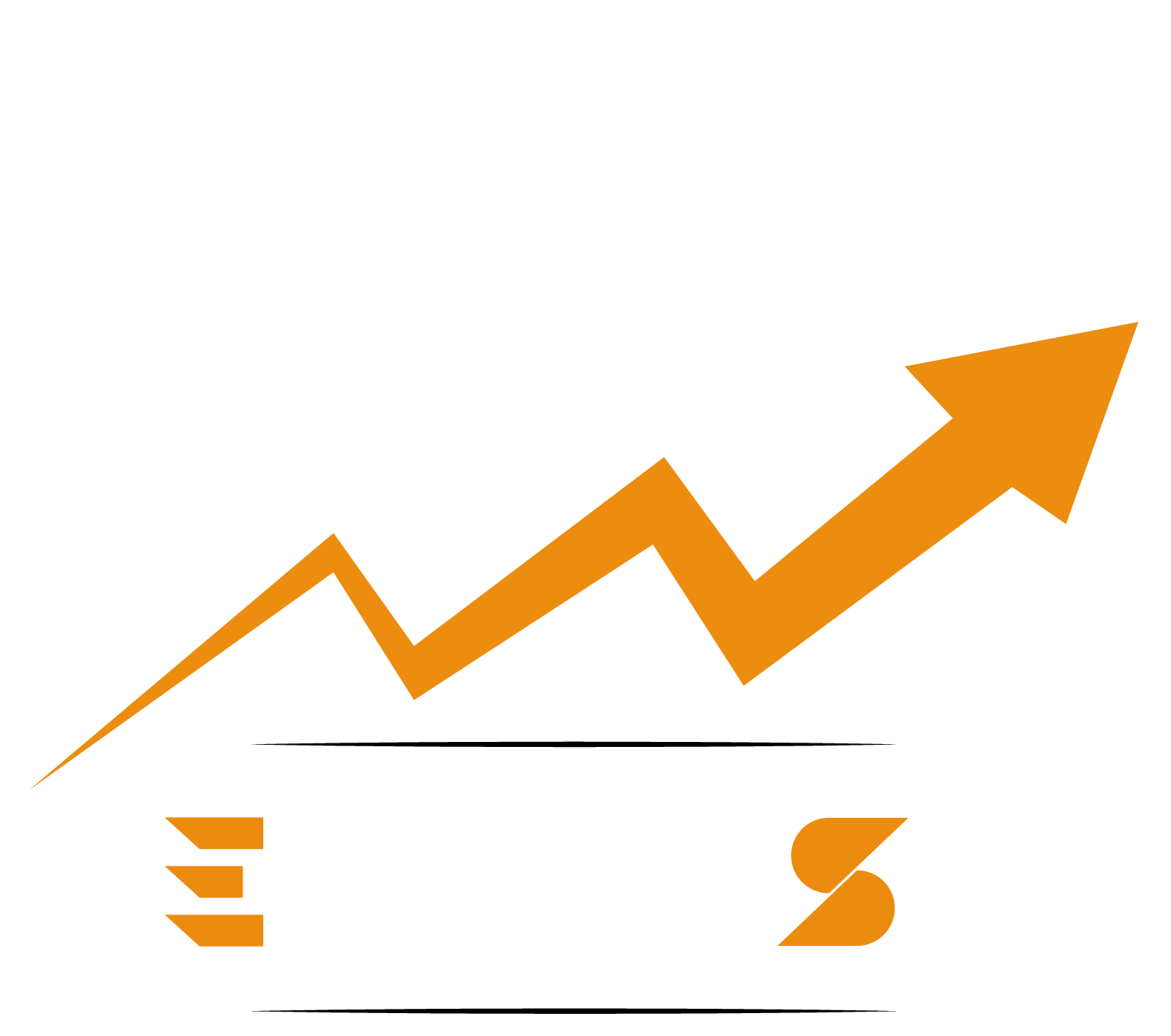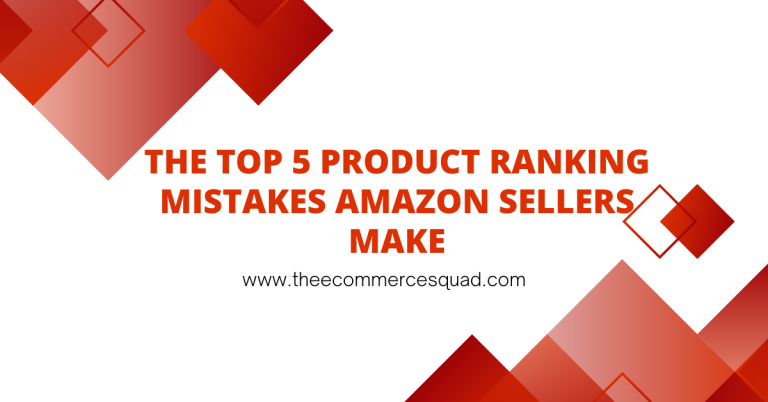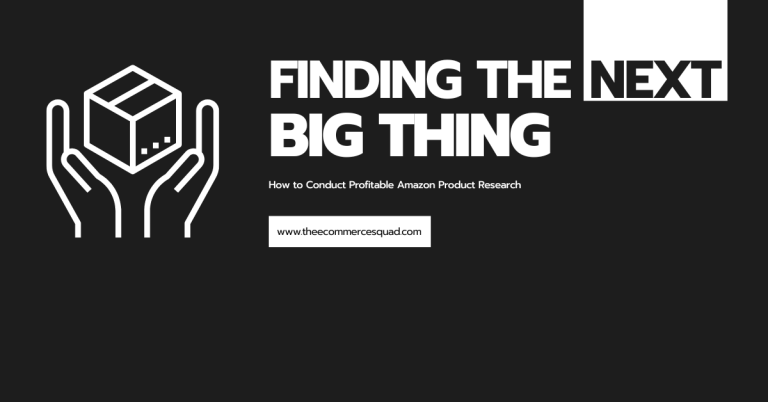The Top 5 Mistakes USA Sellers Make When Expanding to Other Marketplaces
Expanding your Amazon business from the USA to international marketplaces can unlock new opportunities and drive significant growth. However, the transition isn’t always smooth. Many sellers encounter challenges that hinder their success. Here are the top 5 mistakes USA sellers make when expanding to other marketplaces and how to avoid them.

1. Neglecting Market Research
Mistake: One of the most common errors is failing to conduct thorough market research before entering a new marketplace. Without understanding the local demand, competition, and consumer behavior, you risk choosing the wrong products or strategies.
How to Avoid It:
- Conduct In-Depth Research: Use tools like Helium 10 or Jungle Scout to analyze market trends, demand, and competition in the target marketplace. Look for product opportunities and gaps in the market.
- Understand Local Preferences: Study local consumer behavior, preferences, and purchasing habits. Consider factors like product features, pricing, and cultural differences that may impact demand.
- Thorough market research ensures that your product selection and strategies are aligned with local market conditions.
2. Ignoring Localization and Cultural Differences
Mistake: Expanding to international marketplaces without addressing localization and cultural differences can lead to poor customer experiences and low sales. What works in the US may not resonate with consumers in other countries.
How to Avoid It:
- Localize Product Listings: Translate your product titles, descriptions, and keywords accurately into the local language. Use local dialects and phrases to better connect with your audience.
- Adapt to Cultural Norms: Understand and respect cultural differences. Modify your marketing strategies and product offerings to align with local customs, values, and preferences.
- Effective localization helps you connect with international consumers and improves your chances of success.
3. Mismanaging Logistics and Fulfillment
Mistake: Poor logistics and fulfillment management can lead to delays, increased costs, and dissatisfied customers. Each marketplace may have different shipping and fulfillment requirements that need to be addressed.
How to Avoid It:
- Understand Local Logistics: Familiarize yourself with the logistics infrastructure and regulations in the new marketplace. Consider using local fulfillment centers to streamline shipping and reduce costs.
- Choose the Right Fulfillment Method: Evaluate fulfillment options, such as Fulfillment by Amazon (FBA) or third-party logistics providers, and select the one that best fits your needs and budget.
- Effective logistics and fulfillment management ensure timely delivery and enhance customer satisfaction
4. Overlooking Regulatory Compliance
Mistake: Different marketplaces have varying regulations and compliance requirements. Failing to adhere to these regulations can result in fines, penalties, or even suspension from the marketplace.
How to Avoid It:
- Research Local Regulations: Investigate the regulatory requirements for your product category in the target marketplace. This includes product safety standards, labeling requirements, and import/export regulations.
- Ensure Compliance: Work with local experts or legal advisors to ensure that your products and business practices comply with all applicable regulations. Regularly review and update your compliance practices.
- Adhering to regulatory requirements helps you avoid legal issues and maintain a smooth operation in new marketplaces.
5. Failing to Adapt Marketing and Advertising Strategies
Mistake: Using the same marketing and advertising strategies across different marketplaces can be ineffective. Strategies that work in the US may not be suitable for other regions due to differences in consumer behavior and market conditions.
How to Avoid It:
- Customize Marketing Campaigns: Tailor your marketing and advertising strategies to the local market. This includes adjusting your messaging, promotions, and channels based on regional preferences.
- Leverage Local Platforms: Utilize popular local advertising platforms and social media channels to reach your target audience. Collaborate with local influencers or partners to enhance your brand’s visibility.
- Customizing your marketing strategies ensures that you effectively engage with international consumers and drive sales.
Conclusion
Expanding to international marketplaces offers significant opportunities for growth, but it requires careful planning and execution. By avoiding these common mistakes—neglecting market research, ignoring localization, mismanaging logistics, overlooking regulatory compliance, and failing to adapt marketing strategies—you can set your Amazon business up for success in new regions.







